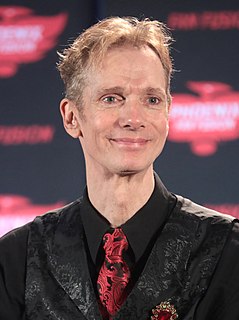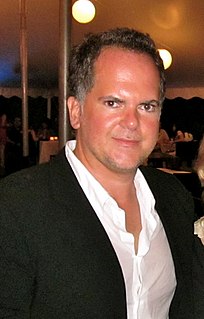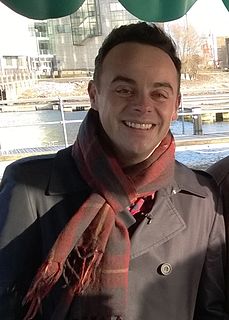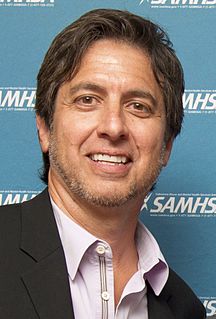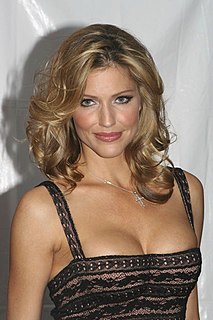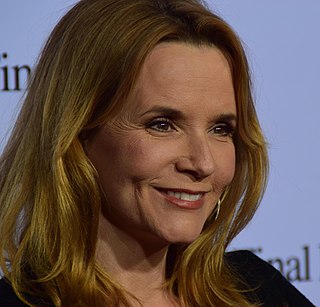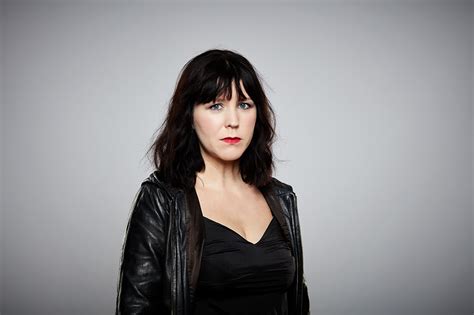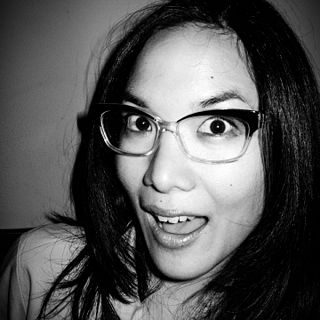A Quote by Chris Gethard
In 2010, I was the star of a sitcom. It came and went pretty fast. But in the months from when I was cast in the sitcom through when it was done airing, my life did change remarkably.
Related Quotes
The characters are not allowed to change if you write a sitcom; they're not allowed to learn anything. There's all these sorts of rules, and you go, 'I just want to be able to write one character and then leave that behind.' Also, as a performer, and I may regret saying this, but it would be my own personal hell to be trapped in the sitcom.
You cannot begin to imagine the shock I had when I came down on the floor for the first time. First of all, there's this whole thing about playing sitcom comedy. I didn't want to do the sitcom thing, but I didn't know what else to do. I went slowly. We went through the week of rehearsal, then we got on the floor with the cameras, which I'm used to because of my experience in the old days. Then came camera day, with an audience, and it was stunning, enthralling, exciting and chaotic. I had never experienced anything like that before, as an actor. I was part minstrel, part actor.
In my twenties, I thought it was getting a sitcom. Then I got a sitcom pilot in my early thirties, and realized I didn't want it. It was a rude awakening. When it wasn't picked up, I was crushed, but then in retrospect I've made two films and produced three one-man shows since then. It's the luckiest thing that happened in my life.

